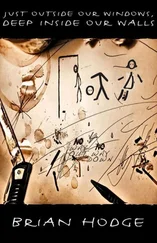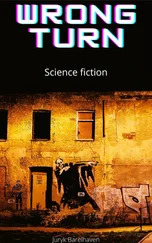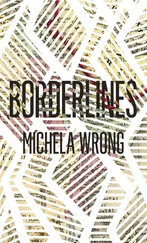Trying to probe the provenance of all this easy cash, John found there was a striking difference in the treatment he now received from Kenya's National Security Intelligence Service (NSIS), which had been so very helpful when it came to dusting off the skeletons of the former regime. While the service had fallen over itself to provide information on Moi-era sleaze in the early days of the NARC administration, it proved a different matter when it came to the new government's actions. While superficially friendly, meetings with the Kenyan intelligence services were in fact exercises in futility. ‘Their reports were complete rubbish, totally useless and unhelpful.’ If John was going to do a decent job of policing his own government and not just pursuing the outgoing administration, he gradually realised that he would need to find his own, independent sources.
He was not on totally unfamiliar territory. During his time at TI, John had occasionally paid for information when compiling reports, so he had had some experience in recruiting sources. His natural propensity for befriending everyone and anyone, his ability to make both office cleaner and VIP feel equally appreciated was, as it happens, the spy recruiter's most treasured skill. Setting up a mini-intelligence network to rival Boinett's was never his intention; a policy of desperation, the thing began almost of its own accord.
From the start he'd operated an open-door policy, making clear to all that anyone – whether civil servant, politician, military officer or private businessman – was free to walk into his office at State House with useful information or to voice concerns. ‘I didn't need to go looking, people would come to me.’ To those who took up that open invitation, appearing at his doorstep with relayed rumours or suspicious documents that had passed across their desks, John was gently encouraging, gradually building up a relationship of trust. ‘I'd say: “Gosh, you have this. That's really very interesting. But I think there's a letter missing here …” And they would go off to find the letter.’ He focused on the departments which held the most power, where the most egregious offences seemed likely to occur: the Office of the President, the finance ministry, the ministry of internal security. Having sowed the seed, he waited to reap his slow harvest. ‘The trick, I found, was never to be in a hurry, never get excited.’
What makes a law-abiding functionary, hardly the devil-may-care type, lift his or her nose above the daily grind and turn sneak, risking exposure, prosecution and dismissal? It was never for the money, something which was only mentioned late in the process, and usually at John's insistence. For many of those who would become his de facto informers, a profound and justified sense of betrayal explained the readiness to help. They were Kenyan voters too, after all, and like the mass of the populace, had believed NARC when it had promised a new dawn. Kibaki's campaign rhetoric had been almost too effective – they had taken the anti-graft message to heart. Now they knew, with a certainty not available to the ordinary Kenyan, that the old games were starting up again. Nothing smarts quite like the dashing of raised hopes. It forces the deluded to regret the best part of their nature: their readiness to believe in a better world. They felt they had been made fools of, and they wanted other Kenyans to know what was going on. ‘Some were very angry,’ remembers John. ‘They'd say to me: “This used to happen under Moi. If you let this get out of hand, we've seen what happens. We're glad you're here.”’ And it was easy to rationalise the move from dutifully cooperating with the ‘Anti-Corruption Czar’ as he was now known, just as they had initially been explicitly instructed to do by the president himself, to slipping that same individual – such a likeable young man – information they knew in their hearts their superiors wanted kept secret. Only a tiny step.
Конец ознакомительного фрагмента.
Текст предоставлен ООО «ЛитРес».
Прочитайте эту книгу целиком, купив полную легальную версию на ЛитРес.
Безопасно оплатить книгу можно банковской картой Visa, MasterCard, Maestro, со счета мобильного телефона, с платежного терминала, в салоне МТС или Связной, через PayPal, WebMoney, Яндекс.Деньги, QIWI Кошелек, бонусными картами или другим удобным Вам способом.












